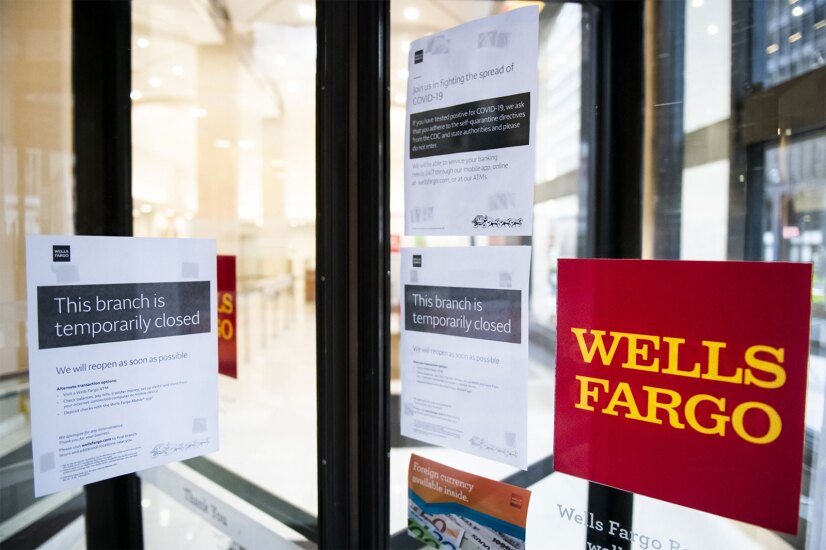By Laura Alix, Matthew de Paula, Allissa Kline, Brendan Pedersen, John Reosti and Kevin Wack
A global pandemic. Economic free fall. Hundreds of billions of government relief funneled through banks. A reckoning over racism and inequality.
We will not be the same after this — and neither will banking.
The coronavirus crisis hit a hard reset button for nearly every aspect of life, including how people and businesses bank.
And soul-searching across America and beyond — touched off by a Minneapolis police officer's killing of George Floyd and the widespread civil unrest it sparked — is taking that hard reset to a deeper level.
The disparity in society between the haves and the have-nots that the coronavirus threw into sharp relief already had the country, the banking industry included, checking its moral compass.
From the enormous death toll of COVID-19 to the enormous spike in unemployment, people of color suffered disproportionately.
"This crisis must serve as a wake-up call and a call to action for business and government to think, act and invest for the common good and confront the structural obstacles that have inhibited inclusive economic growth for years," Jamie Dimon, the chairman and chief executive of JPMorgan Chase, wrote in a May 19 staff memo.
Six days later, Floyd's death gave even greater urgency to the conversation around injustice.
The next 12 to 18 months will be critical to the massive reset that is underway.
The banking industry can expect to undergo a huge transformation much faster than seems possible — if only by virtue of the fact it is adjusting to an environment that is itself transformed by such vast disruption so quickly.
Banks that look beyond emergency stopgaps, invest in lasting solutions and translate ideology into action stand a better chance of thriving.
But how to figure out the specifics of what to do?
In trying to navigate the unknown, taking stock of what is known can help.
Some longtime trends — the decline of branch banking and the rise of digital everything and remote working — will accelerate. So will the proliferation of what the consulting firm McKinsey & Co. calls "a new social contract" that puts people over profits.
The decision by many banks to suspend overdraft fees and to give newly unemployed borrowers a few months off from paying their auto and home loans represents the beginning of this approach. Regulators may become a more powerful force in persuading banks to take this philosophy of being customer allies even further.
"I do think it's an opportunity," said Alan McIntyre, senior managing director for banking at Accenture. "If the banks choose to take it or not I think is a different matter."
Here is a look at some of the permanent changes experts say banks must reckon with quickly.











